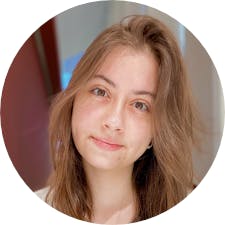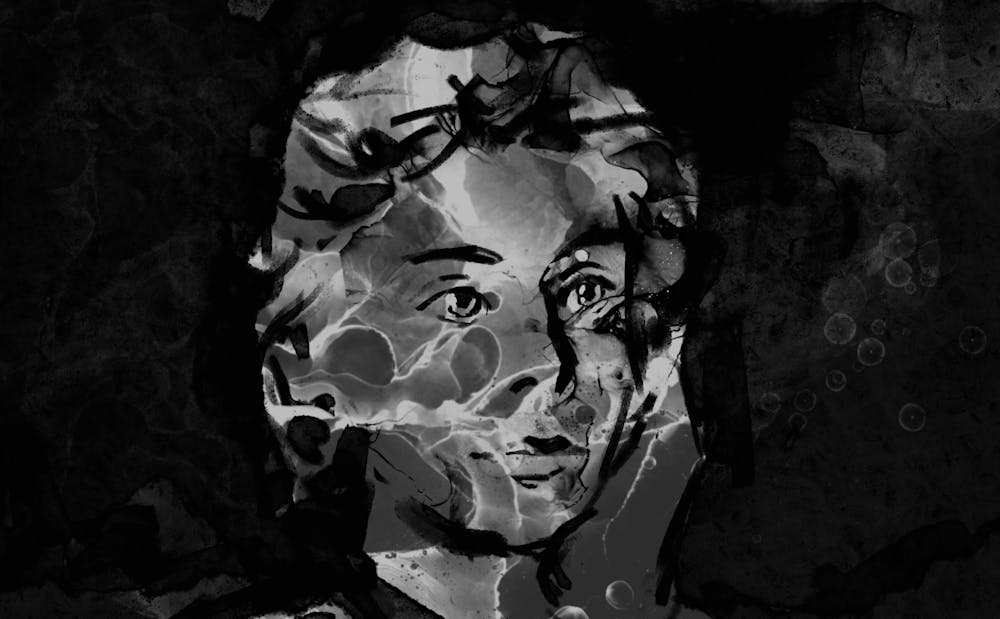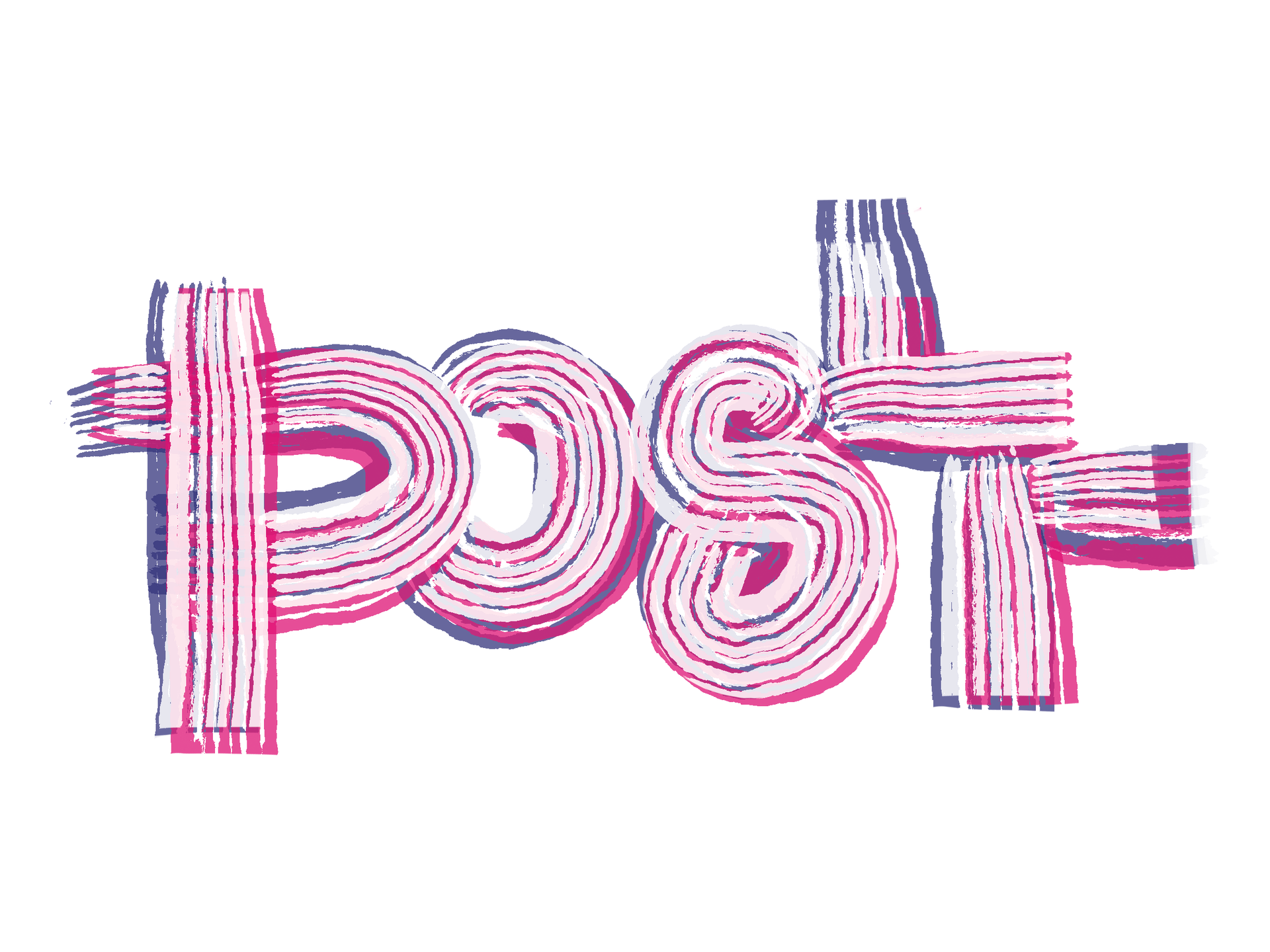"If you really want to scare yourself off, just think that every breath you take gets you closer to death, and there is no way of stopping it."
I watched my Comparative Literature class on Zoom, gulping coffee in anaphora. The camera on the classroom, in a different country, was in a strange position: I could see the faces of all the students, but not the professor's. I can only guess what her expression looked like as she discussed John Keats that afternoon. What I do know is that she brought our attention to the counting down of our remaining breaths, saying "that's one" and "now two" as we inflated our lungs in synchronicity. Her voice shifted into a soft whisper, a silk curtain swaying on a spring morning. I scribbled the moment down on a post-it; how it happened in between verses of Ode to a Grecian Urn.
I’m holding that neon note with my index and thumb now, considering what poetry has made me consider. After that class I became obsessed with Keats: the man who passed at twenty-five, wrote fifty-four poems, and thought imagination to be the supreme human quality. His awareness toward pain, toward separateness and loneliness, slipped into my essays, conversations, and even unconscious behaviour as I dreamed of shattered white stones, spilled wine, and floods within museums.
Sometimes it seems as if I don't have enough memories to account for everything I've ever felt. Reading Keats is one more collection of emotions I’ve never experienced on my skin, but in a part of me that feels ancient and has asked the same questions—What is beauty? Why is art both my passion and nemesis? Is mortality the punishment or the blessing?—a thousand times to no avail. So, as the tea brews and I count my breaths, here is a memory I do not have, but that John Keats might.
The nightingales woke me up again. Their song oozed from the dewy trees into whatever dream I was having, and my eyes fluttered open. I stared at the dark ceiling, indifferent to the silence of the house, or the smell of fresh flowers announcing that spring had reached its full bloom that night. My entire body ached from the cold, and again, I felt like an uncarved block of marble. Again, I felt an insurmountable loneliness at the thought that one more day needed to be lived. If I leave now, crossing the meadow into the deep woods where the birds hide, will the fog engulf me like time does? Will laying in the moist earth make death less appealing than it is right now, in this bed? No, I have written that poem before. “Do I wake or sleep?” I sleepwalk, into the remains of my mortal days.
I have started to doubt myself more. I understand my poetry to be uncouth, shamed by its lack of elite polish—the payment certificates to justify the knowledge I possess. Who am I—beyond uneducated, unprepared, unhappy—to bask in the sun of the traditions of the powerful? Still, here I sit, even before having breakfast, under a window on a table assigned to my work, covered in books and papers scattered by my desperation to fake prestige, attempting to write. Maybe that is the stain of hope some have claimed to find in my poetry; the stain my pen seems insistent on making, despite my best efforts. Still, I write, even if the words bear no worthy name.
A friend introduced me to the paintings of Claude Lorrain. He said, since I was so enamoured with Beauty and the Greeks, that I would appreciate the warm pastoral landscapes of idyllic existences. And I did—as a lover tasting bittersweet heartache, that is. For a long time I have tried to articulate the power of imagination, how it allows for doomed humans to conjure everlasting beauty. I have gazed upon centuries-old art—forever static, forever perfect—and felt enthralled by their grandiose nature. After my death and the collapse of everything that characterized my experience, the statues of the ancients will continue to look ahead with the same icy eyes and absence of breaths; tangible gods among mortals. Museum corridors were a lesson on the conservation of spirits. Those divinities were manipulated by mortal hands, by a mind with a finite number of days. Yet, parallel to those feelings, a sadness just as enduring runs in my veins at the sight of art. With each year launched into the abyss of memory, the art I so admire becomes a reminder of my own failings. Its inhuman perfection now repulses me; its immunity from pain and change, but most of all, the impossibility of inhabiting the forever-warm paintings, of becoming an old statue, only maimed in body. I don't think I will live enough to grow past my suffering, to shape myself into someone that writes more than paraphrases. The utopias of my imagination have turned cold, like tombstones buried under snow. I wrote that Beauty is Truth, and now I want to burn those letters. I do not know truth, and beauty only mocks my sin: a contemplator who wishes to be contemplated. Watching what will outlive me, I am old. I am ugly. I am washed away.
I write a poem to a Grecian Urn. I hide a heartbeat in its rhyme scheme.
The sun sets and rain falls. I sit at the dinner table and every conversation reminds me of someone I miss: my mother, my father, my sister, myself. A few chapters of a French novel are read and then goodnights are shared. In my room before going to bed, I catch my reflection in the water basin on the dresser. My mouth is wine-stained, purple and blue mixed across a pale canvas, and, behind me, beyond the dim light of candles, is only darkness. I remember the ancients had two different conceptions of the beginning of time. Hesiod wrote that, before existence, there was only kháos: an infinite abyss of voidness. Ovid’s poetry narrates the opposite—kháos is a great shapeless mass of all that exists. If we are destined to return to the beginning, is that the ultimate question? Is death emptiness, or everything at once?

Julia Vaz was the managing editor of newsroom and vice president on The Herald's 134th Editorial Board. Previously, she covered environment and crime & justice as a Metro editor. A concentrator in political science and modern culture and media, she loves watching Twilight (as a comedy) and casually dropping the fact she is from Brazil.





